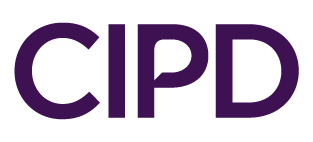

The City of Edinburgh Council
The City of Edinburgh Council
As well as focusing on raising awareness of all aspects of wellbeing among its workforce – including 5,000 colleagues who do not have access to digital technology as part of their roles – and promoting the suite of tools and resources available to support this, the HR team also wanted to remove any stigma associated with mental health and make sure employees had a continuous dialogue around their specific needs.
Key to the council’s approach was being evidence based: a series of all-staff surveys were distributed to find out how employees’ wellbeing was being impacted by the pandemic directly from the employees themselves, both positive and negative, which allowed the HR team to tailor its approach accordingly. Feedback mechanisms were also built into all activities as part of the strategy so that the team could analyse their effectiveness and respond to the workforce’s changing needs.
In order to reach all its staff and ensure they were all equipped to look after their own wellbeing during the pandemic, the council took a multi-channel approach to its activities, which included virtual wellbeing roadshows, which turned into quarterly week-long events after an initial immensely popular one-day pilot; extra resources designed specifically to help leaders manage their own wellbeing as well as that of their teams; a new Covid-related absence scheme developed in partnership with trade unions; and an established ‘Wellbeing Wednesday’ event when a range of resources are shared via both digital and non-digital channels.
Through this huge effort to improve employees’ wellbeing during a time of unprecedented challenges, the council managed to keep its levels of sickness absence across the workforce below that of the previous year – due in part to employees’ willingness to have quality conversations with their managers to discuss potential solutions before the problem becomes significant enough that they need to take time off. Through an increased focus on occupational health referrals, the council has also seen more than 3,000 management referrals and almost 1,700 physiotherapy referrals submitted since the start of the pandemic, as well as a 2 percentage point jump in uptake of its employee assistance programme since 2018.
The judges commended the council’s “highly comprehensive and well-structured” programme that had clearly made the most of the links between the business, wellbeing and HR strategies, as well as an “impressive” use of clear metrics. They also commended the organisation’s ability to remain responsive throughout and to fail fast, learn and adapt without being limited by top-down strategies.